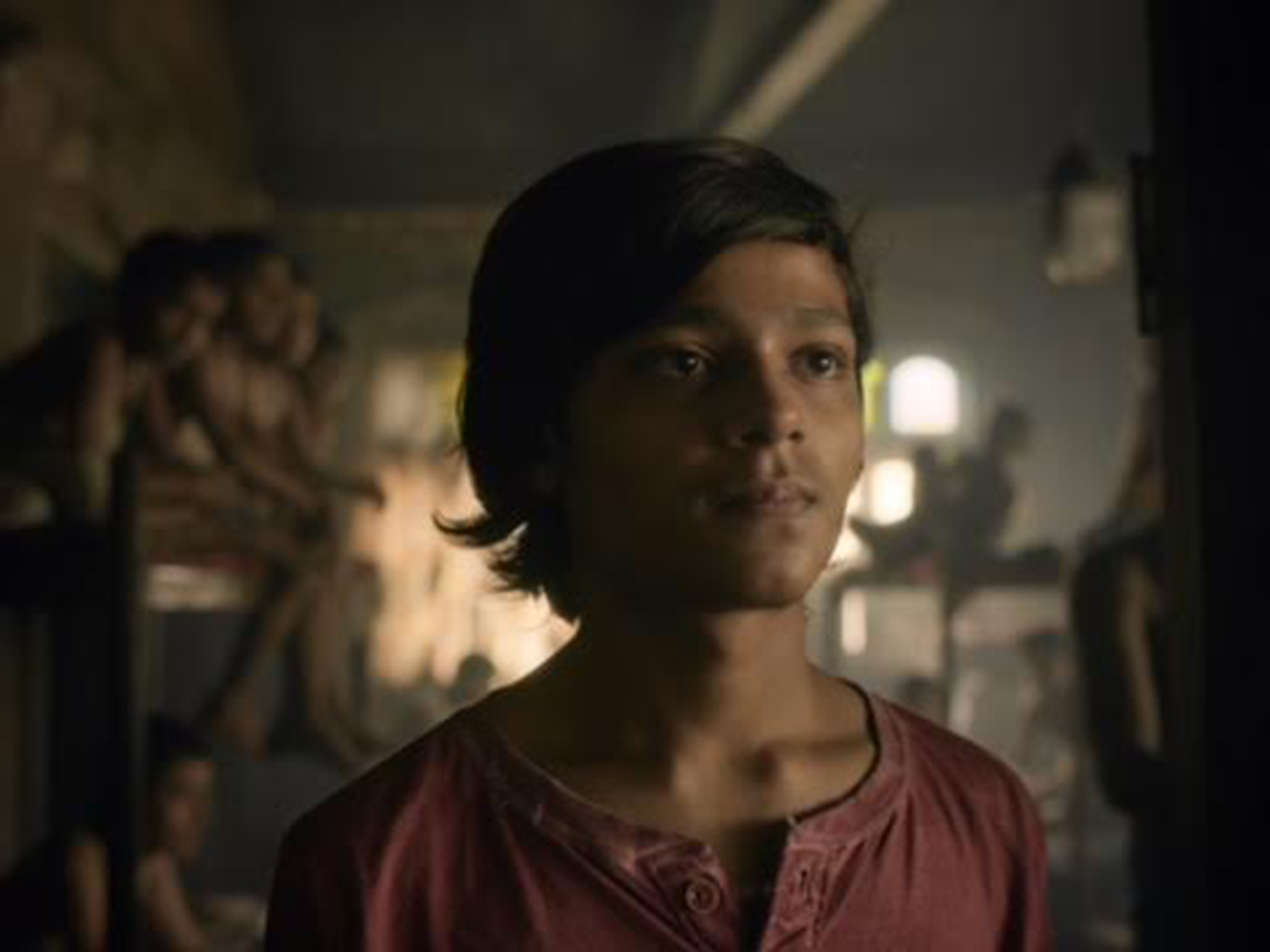
- Golden Globe Awards
Harami (India): Interview with Director Shyam Madiraju
Filmed in Mumbai, India, Harami, written and directed by Shyam Madiraju, tells the story of a sixteen-year-old orphan, Pachpan (played by Rizwan Shaikh), a skilled pickpocket who is part of a gang of orphans – identified only by a number – under the strict rules of the cruel and merciless Sagar Bhai (Emraan Hashmi). One day, Pachpan steals a wallet loaded with money, and when curiosity brings him to the address listed on the ID in the wallet, he discovers the tragic truth: that his theft had driven his victim, a father of two, to commit suicide. Feeling guilty about the unexpected effect of his crime, Pachpan befriends the victim’s daughter, who is unaware of his identity. Orphans are the main characters in Harami, but another character in itself is the city of Mumbai, restless, chaotic, and demanding. Against this backdrop, a story of crime, punishment, and salvation unravels. The film was written and acted in Hindi and English, and executive produced by Paul FeigShyam, why Mumbai, and why this story?
It’s a story that has been literally sitting in my head for about seven years. I have been to Mumbai, India, quite a lot, I go back there almost three or four times a year. I have a company there, through which I direct commercials and other content. This story was a very personal story to me. When I was 19 years old, the first city that I ever went to for my first job was Bombay – or Mumbai, as they call it now. It was really one of the most influential places for me as an artist. Up to that point I had lived in New Delhi, where I had led a very sheltered life, so I literally was terrified by the intensity of Mumbai, because I saw the very worst and the very best of mankind in that city.
Can Harami be considered a neo-realistic film in your opinion?
Of course. I grew up watching the movies of Federico Fellini, Robert Bresson and Ingmar Bergman, who were my main influences as a director. In fact, I decided I wanted to be a filmmaker when I first watched Bergman’s Fanny & Alexander. But what really convinced me of it was when I went to Bombay, I saw the intensity of human, the breadth of life. It is such a demanding city, it’s like a living and breathing Hieronymus Bosch painting. And it demands so much of you that it literally chews you up and spits you out. I went to a lot of orphanages there, and they kind of almost reminded me of Dickens’ Oliver Twist in many ways. I consider Harami my modern-day adaptation of Oliver Twist.
What about Slumdog Millionaire? Were you in any way influenced by that?
Yes, of course, in a negative way, in the sense that in reality, you don’t always get what you want. This story is not like Slumdog Millionaire, where you win a million dollars, and you get the girl you want. In real life, the system and the divisions in society are very harsh. And nowhere is it more obvious than in Mumbai. What is remarkable about the city – a lot of this came out during my research – is that 60 percent of people in Mumbai live in the slums. And it’s a city of 20 million people – that’s like New York, pushing to the farthest side of Manhattan. So that really tells you how intense that city is. And 60 percent of the people living in the slums do 75 percent of all the manual labor jobs in the entire city. That means all the restaurant guys, the delivery guys, everyone. Everything in that city is so tough.
In your film, we also see how gangs work. It’s a tough hierarchy, right?
Correct, and it is a rampantly corrupt system. My main theme in this film has an echo of Bresson’s The Pickpocket, which was one of the biggest influences in my life. Bresson assumes that people are flawed, every human being is flawed, every character is fundamentally flawed. And how a character redeems himself is what makes Bresson and Rossellini great.
How did you manage to put the movie together? Where did the financing come from?
I live here in California, and my children were born here: I am mostly American now. So, the most up-to-date connections of mine are actually my circle of fellow writers and producers here in America. I raised part of the financing from the United States and part from India. It was mostly financed from India because the bad guy who plays Sagar in my movie, Emraan Hashmi, is actually a very big Bollywood actor.
Was the movie released in India?
We are still trying to figure that out because of this whole COVID-19 thing – everything has just gone completely crazy. Same for the U.S: everybody loved the movie, but nobody knows how to show it. Somehow it will be soon streamed, I hope.